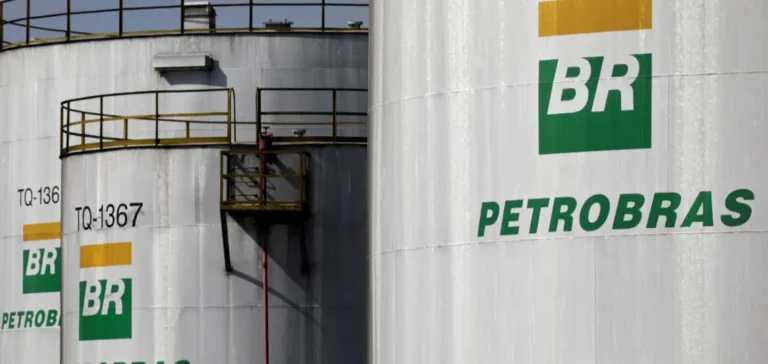Petrobras reported a net profit of R$ 26.7 billion ($4.7 billion) in the second quarter of 2025, driven by an 8% increase in hydrocarbon production compared to the same period in 2024. This result offset a 10% decrease in the average Brent price during the period. Excluding one-off items, net profit stood at R$ 23.2 billion ($4.1 billion), close to the level recorded in the first quarter.
Investments focused on the pre-salt
Adjusted EBITDA excluding one-off items reached R$ 57.9 billion ($10.2 billion), while operating cash flow totalled R$ 42.4 billion ($7.5 billion). Capital expenditures (Capex) amounted to R$ 25.1 billion ($4.4 billion) in the quarter, mostly dedicated to developing pre-salt fields in the Santos and Campos basins.
Production benefited from the commissioning and ramp-up of several floating production, storage and offloading units (FPSOs), including Alexandre de Gusmão, Almirante Tamandaré and Marechal Duque de Caxias, which together added 270,000 barrels per day of capacity. In total, Petrobras produced 2.32 million barrels per day in the second quarter, representing a 5% increase compared to the previous quarter.
Financial results and debt position
Compared with the first quarter of 2025, net profit declined by 24.3% but remained higher than the same period last year, when the company posted a loss of R$ 2.6 billion. Gross debt stood at $68.1 billion at the end of June, up 5.5% over three months, mainly due to new platform leasing contracts.
Petrobras paid R$ 66 billion in taxes to federal, regional and municipal governments in the second quarter, and approved R$ 8.7 billion in dividends and interest on equity. The company also acquired new exploration blocks, including ten in the Equatorial Margin and three in the Pelotas Basin, and expressed interest in nine areas in Côte d’Ivoire.
Refining and future capacities
In refining, the group continued the reactivation of the Araucária Nitrogenados S.A. fertiliser plant, completed the expansion of Train 1 at the RNEST refinery and commissioned a diesel hydrotreating unit (HDT) at REPLAN, increasing production of aviation kerosene and S-10 diesel. The utilisation rate of the refining network reached 91%, with 68% of output consisting of high value-added products.






















